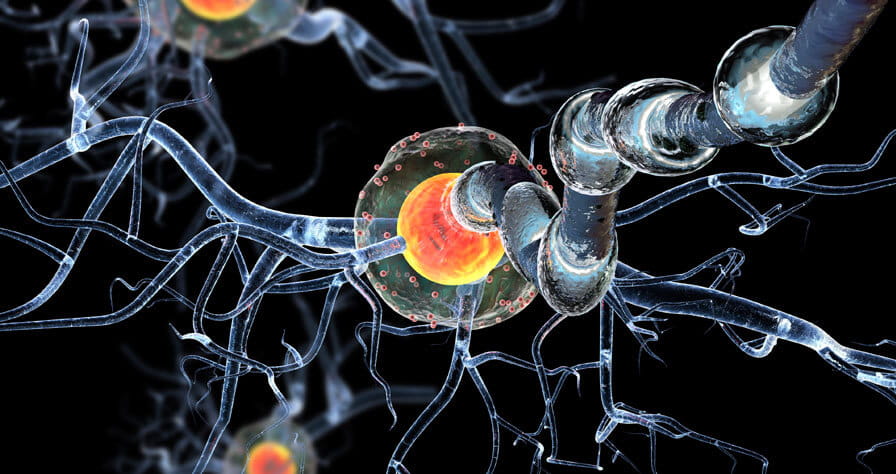Strategies to help lower Alzheimer’s risk
.jpg?rev=9ddf6790805749b994e44780efdfb13c)
Alzheimer’s disease is a condition of the brain, but trying to prevent it is a whole-body effort. You’ll want to maintain good physical health, of course, but doctors also think it’s possible that mentally stimulating activities can strengthen our brains. Here’s how to develop a prevention plan:
Change What You Can
Some risk factors for Alzheimer’s can’t be helped. Those include family history and age -the older we get, the greater our risk. That said, even several factors can be mitigated, such as high blood pressure, high cholesterol, smoking, obesity, diabetes, and not moving enough. So get off the couch and take a walk!
Cognitive Reserve is Key
What’s “cognitive reserve”? “Think of it as your brain bank. Researchers have discovered that people with more education and a more stimulating environment during childhood tend to have a lower risk of developing cognitive decline (like dementia) later in life. While you can’t change your past, it is possible to create a more cognitive reserve for yourself in relatively easy ways.
People who are active mentally and socially, through activities such as learning a musical instrument or taking a class, are likely building up a cognitive reserve. In one recent study, people with lower levels of education who did mentally stimulating activities scored as well on memory tests as those who had more education.
Prevention Strategies
- Pay attention to general health. Work closely with your primary care doctors to be sure blood pressure and other preventable risks are under control.
- Be as physically active as possible. Physical activity improves vascular health, and when blood vessels are healthier, the brain is healthier.
- Be mentally active by reading, learning a new skill, or doing puzzles.
- Find activities that you like to do, which further strengthen your brain and build cognitive reserve.
- Get out and have fun with friends, because having support is good for your brain and for your spirit.



